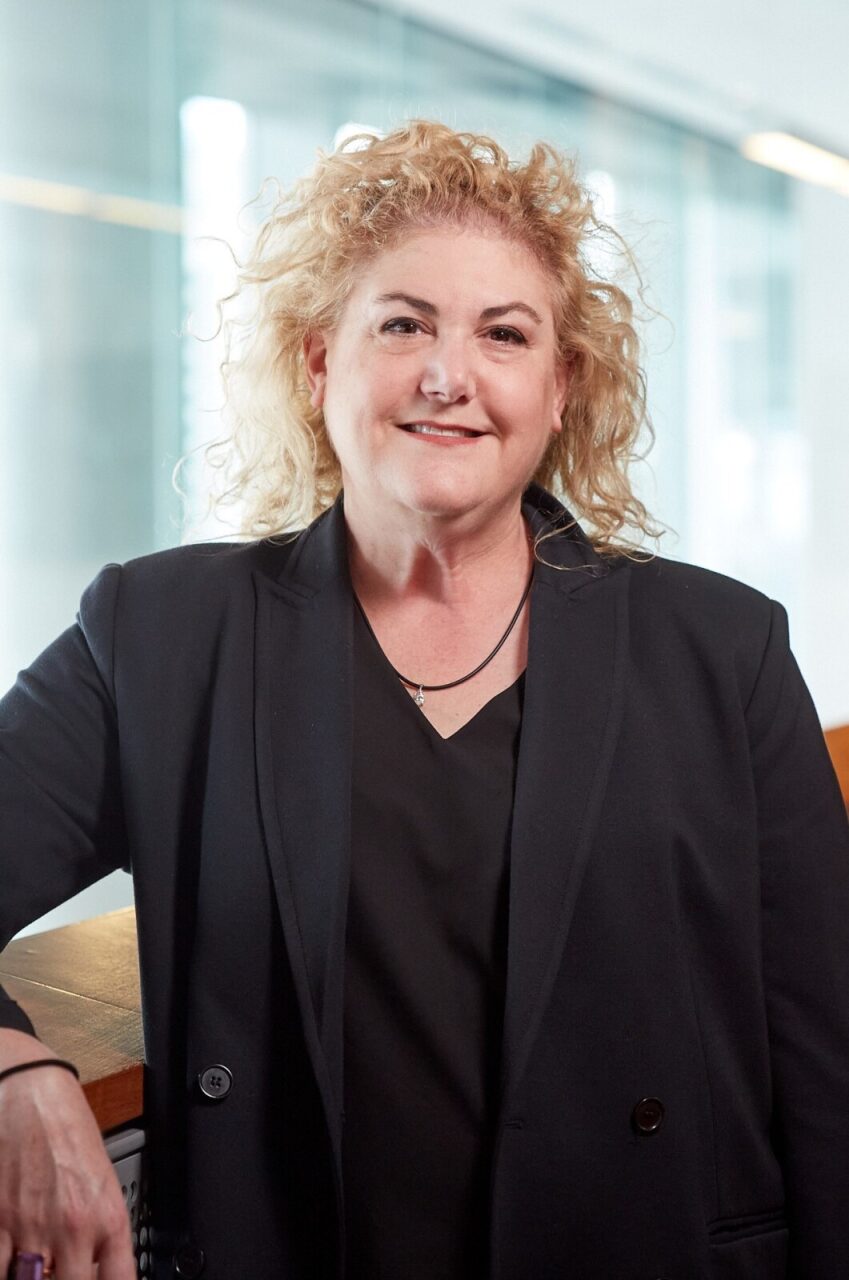MTS data giving trainees choices in a buyer’s market

“We’re listening.”
That’s the headline message to doctors in training from the new Chair of the Medical Training Survey (MTS), Dr Brooke Sheldon.
Also Chair of the Tasmanian Board of the Medical Board of Australia, Dr Sheldon says MTS results are already being applied to positive affect, with stakeholders harnessing its invaluable insights.
“Employers and educators know it’s a buyer’s market. They are very responsive to trainee feedback and are using MTS data as a quality assurance tool to identify areas for improvement,” she said.
‘New medical graduates are using MTS data to find out where training is good and where culture is supportive. MTS data provides the evidence base informing their training choices,” she said.
Dr Sheldon plans to draw on her background in medical education, experience in primary care and passion for driving positive change in the culture of medicine in her work with the MTS.
‘I’m really passionate about medical culture, and in creating the culture we need for staff – including doctors in training - to care for their patients in the best way they can,” Dr Sheldon said.
Seven years MTS results consistently show that trainees rate their medical training in Australia very highly, across most domains.
But the stubborn outlier is the culture of medicine, with around one third of trainees consistently reporting that they have witnessed and or experienced bullying, harassment, racism and /or discrimination.
‘Medical culture has a huge impact, affecting patient care, patient and staff safety and wellbeing and workforce. Culture affects staff recruitment and retention, Dr Sheldon said.
Which gives the MTS a central role in cultural change.
‘It is a significant, ongoing concern that one in three trainees report experiencing or witnessing bullying, discrimination, racism and/or harassment in medical training – and that there are low levels of reporting,” Dr Sheldon said.
“We have good data, we know that culture impacts on patient safety, teamwork, and trainee health and wellbeing. Stakeholders are aligned around the common objective of reducing harm and increasing safe care. We know our primary objectives are being compromised by these issues. We know it’s time for action.
“There’s an urgency for medical leadership to focus on these issues and prioritise ways to improve medical culture and its effects,” she said.
Dr Sheldon warns that the MTS data on medical culture ‘may get worse before they get better’.
‘As systems and culture improves, as we put a focus on leadership, systems of governance and demonstrate responsiveness, we would expect reporting rates to go up.
‘It’s a bit like my family’s laundry – there’s so much of it, it’s hard to know if we’re dirty or clean,” she laughed.
Dr Sheldon said the wrap-around stakeholder support for the MTS and the more than 50% response rate was extraordinary.
“The MTS is incredibly well supported by stakeholders across the board. I’m very optimistic about what we can do with it, for trainees, to help them provide good quality care for our communities.”
“That response rate is extraordinary and is a positive sign that trainees recognise that the MTS gives them a voice.”